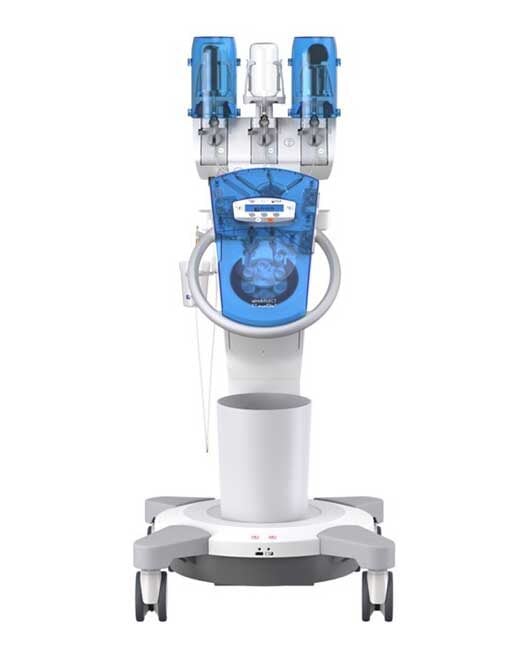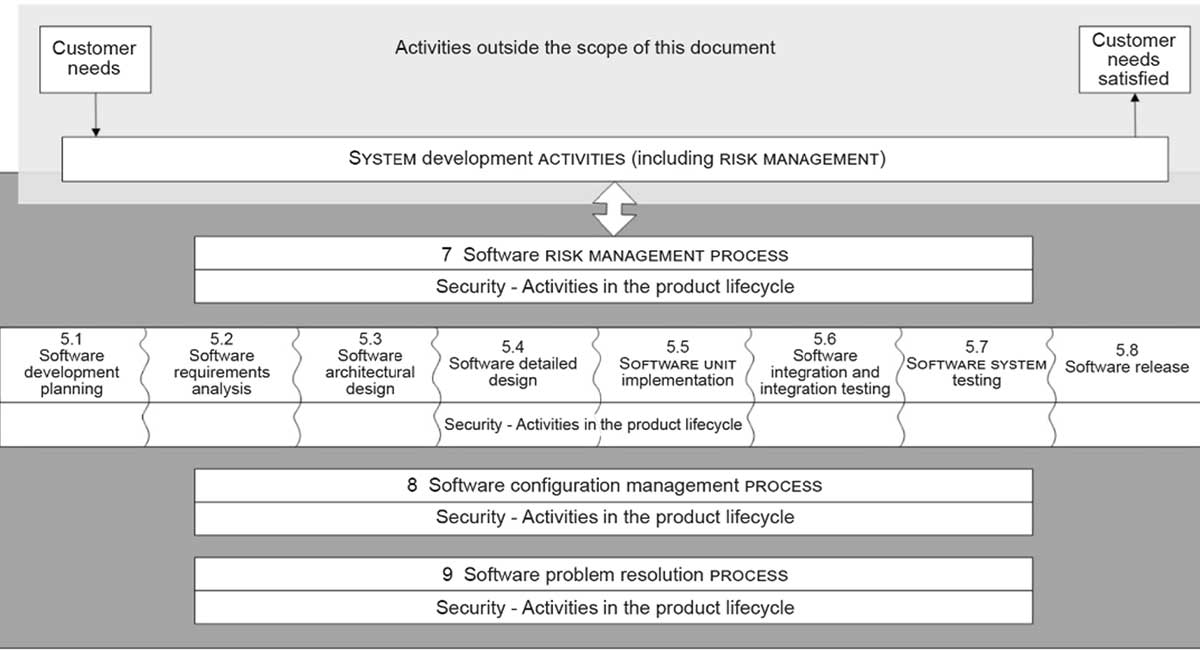Heart and circulatory diseases are the world’s leading cause of death, claiming one in three lives each year. Researchers in Scotland aimed to test how AI could provide “real-world benefits” for those at risk.
With data from patients who voluntarily contributed to the Scottish Health Research Register and Biobank (SHARE), researchers at the University of Dundee’s School of Medicine examined a final cohort of 578 people to evaluate AI’s potential.
The team, whose research has been published in the journal ESC Heart Failure, used AI to analyse population-based electronic health records and echocardiography heart scans to identify patients with heart failure.
AI deep learning was employed to examine the images and identify anomalies that could increase a patient’s risk.
Professor Chim Lang stated: “Our research represents an advancement in the utilisation of deep learning to automatically interpret echocardiographic images.
“This can allow us to streamline the identification of patients with heart failure at scale within electronic health record datasets.
“Echocardiography heart scans that were enhanced by the AI software helped to provide more measurements – or parameters – of heart structure and function that can be used to help diagnose heart failure.
“These measurements were not routinely reported by the usual heart scans from the electronic health records.
“When compared to reports generated by routine heart scans, those enhanced by AI were more detailed and could also be processed at a larger scale than conventional images.
“This has potential clinical and research implications as it could enhance the efficiency and speed of patient selection for pragmatic clinical trials, as well as improving heart failure surveillance and early diagnosis across hospital systems.”
Experts noted that heart failure is a highly prevalent but under-diagnosed condition, meaning the heart is unable to pump blood effectively around the body.
While symptoms can be managed to some extent through lifestyle changes, surgery, and medication, it is generally a serious, long-term condition that progressively worsens over time.
According to a January report by the British Heart Foundation (BHF), an estimated 20.5 million people died worldwide from heart and circulatory diseases in 2021 – equivalent to one death every 1.5 seconds.
At the time, Dr Sonya Babu-Narayan, associate medical director at the BHF, stated the NHS was experiencing the “worst heart care crisis in living memory” – with the early death rate from heart and circulatory diseases rising to its highest level in over a decade.
Professor Lang remarked that the latest research is “an example of how AI has the potential to provide real-world benefits to patients.”
He added: “By assessing vast amounts of patient records, we have been able to detect structural and functional anomalies that we would not have been able to do with traditional analysis of echocardiographic images.
“While this is a test case, I’m very excited that we have been able to apply deep learning to a biobank resource on a large scale.
“Hopefully this paves the way for other researchers to utilise this technology to benefit patients around the world.”















